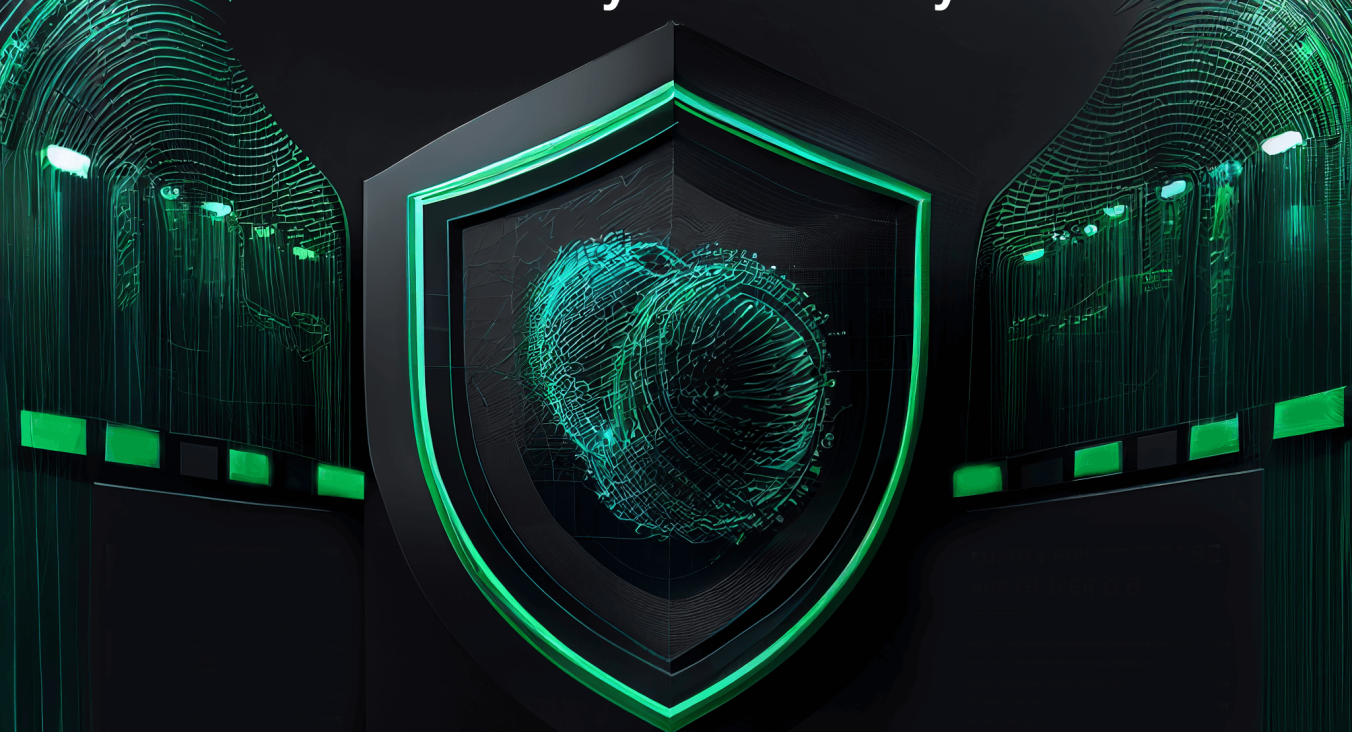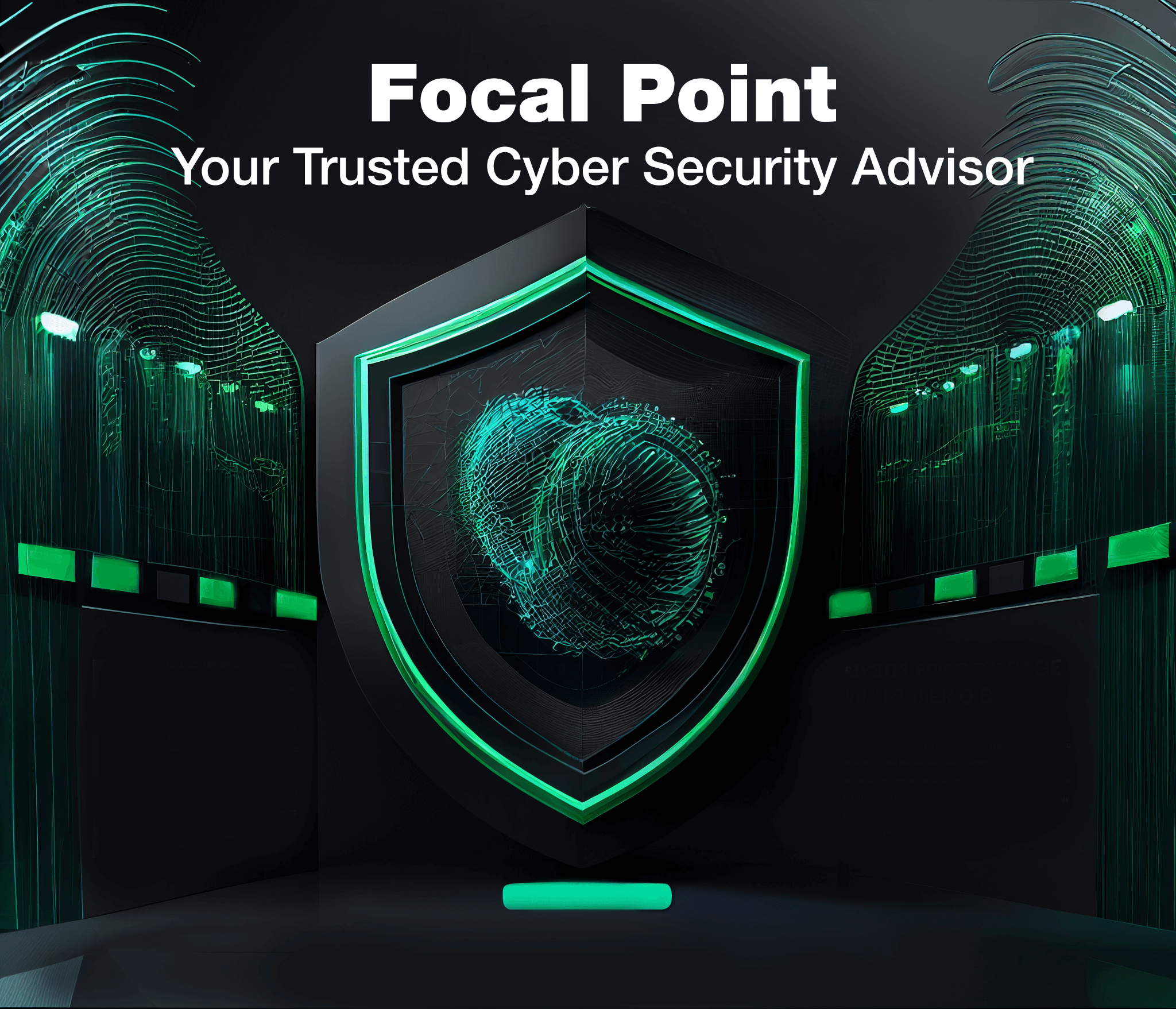FOCAL POINT as a Cyber Security Strategic Advisor for companies, plays a critical role in advising leadership on the most critical areas to focus on. Here are the 10 most critical areas that FOCAL POINT advises leadership on:
- Develop a robust cybersecurity strategy: A well-defined cybersecurity strategy will help your organization to identify, assess and mitigate risks, improve cybersecurity resilience, and ensure that all employees are aware of their roles and responsibilities in cybersecurity.
- Assess cyber risks regularly: Cyber threats are constantly evolving, and it’s important to identify emerging risks and vulnerabilities that could affect your organization. This can be achieved through regular assessments of your organization’s cybersecurity posture.
- Establish a security operations center (SOC) or rent a “Real Time Monitoring – SOC as a Service”: A SOC is a centralized unit that monitors and analyzes security events, detects and responds to cyber threats, and provides situational awareness to stakeholders.
- Invest in employee training and awareness programs: Employees are often the weakest link in cybersecurity, and it’s important to educate them about cybersecurity best practices, such as password management, phishing prevention, and social engineering.
- Adopt a risk-based approach to cybersecurity: This involves prioritizing cybersecurity efforts based on the likelihood and impact of cyber risks.
- Implement a data classification framework: This will help you to identify and prioritize sensitive data, implement appropriate security controls, and ensure compliance with data protection regulations.
- Conduct regular vulnerability assessments and penetration testing: This will help you to identify vulnerabilities in your systems and networks, and ensure that appropriate measures are taken to address them.
- Develop an incident response plan: This will help you to respond quickly and effectively to cybersecurity incidents, minimize the impact of the incident, and prevent similar incidents from occurring in the future.
- Conduct third-party risk assessments: Third-party vendors and suppliers can introduce cyber risks into your organization, and it’s important to assess their security posture and ensure that appropriate controls are in place.
- Ensure compliance with relevant regulations and standards: Companies are subject to various regulations and standards. It is important to ensure compliance with these regulations and standards to avoid legal and reputational risks.

